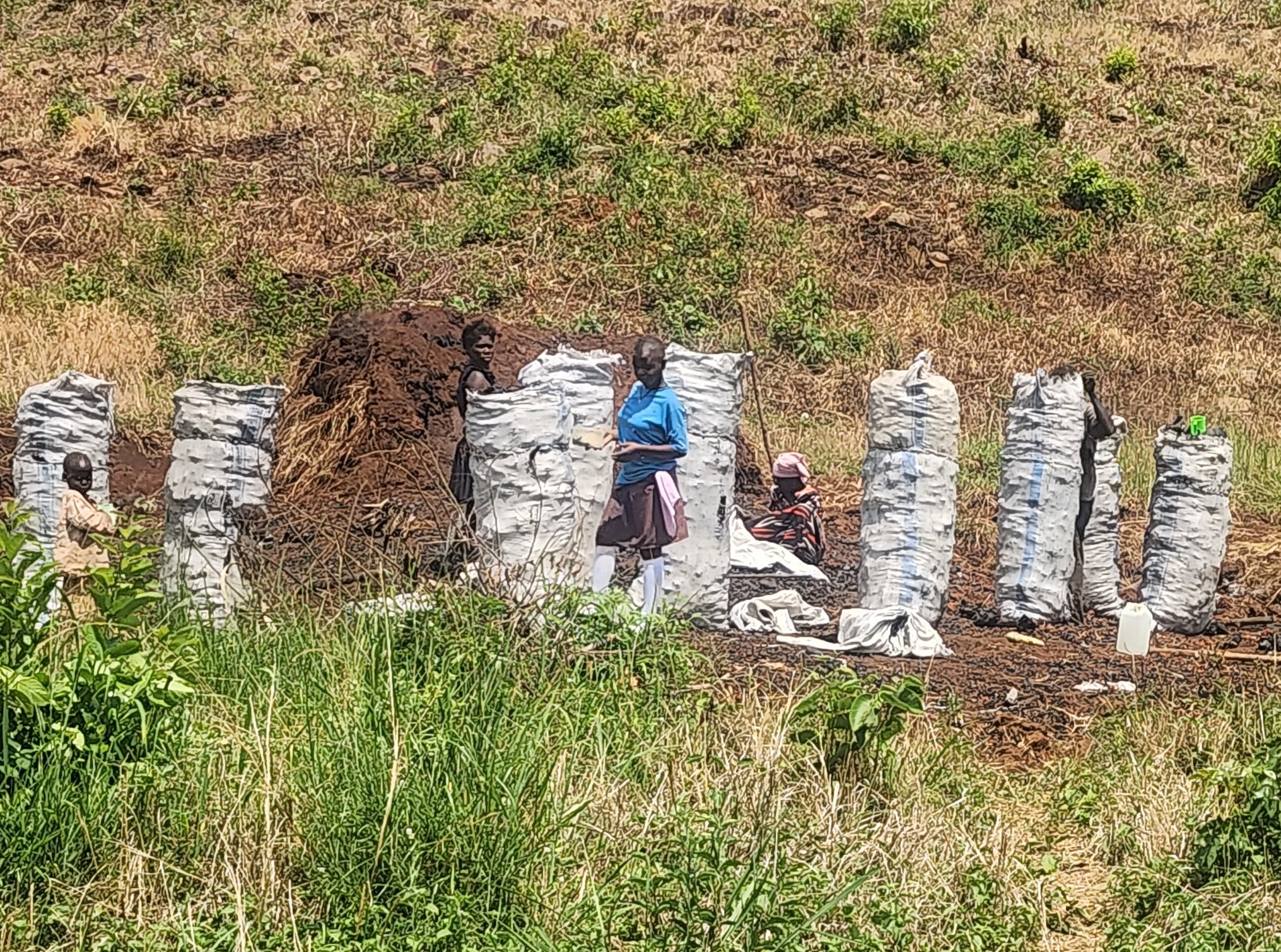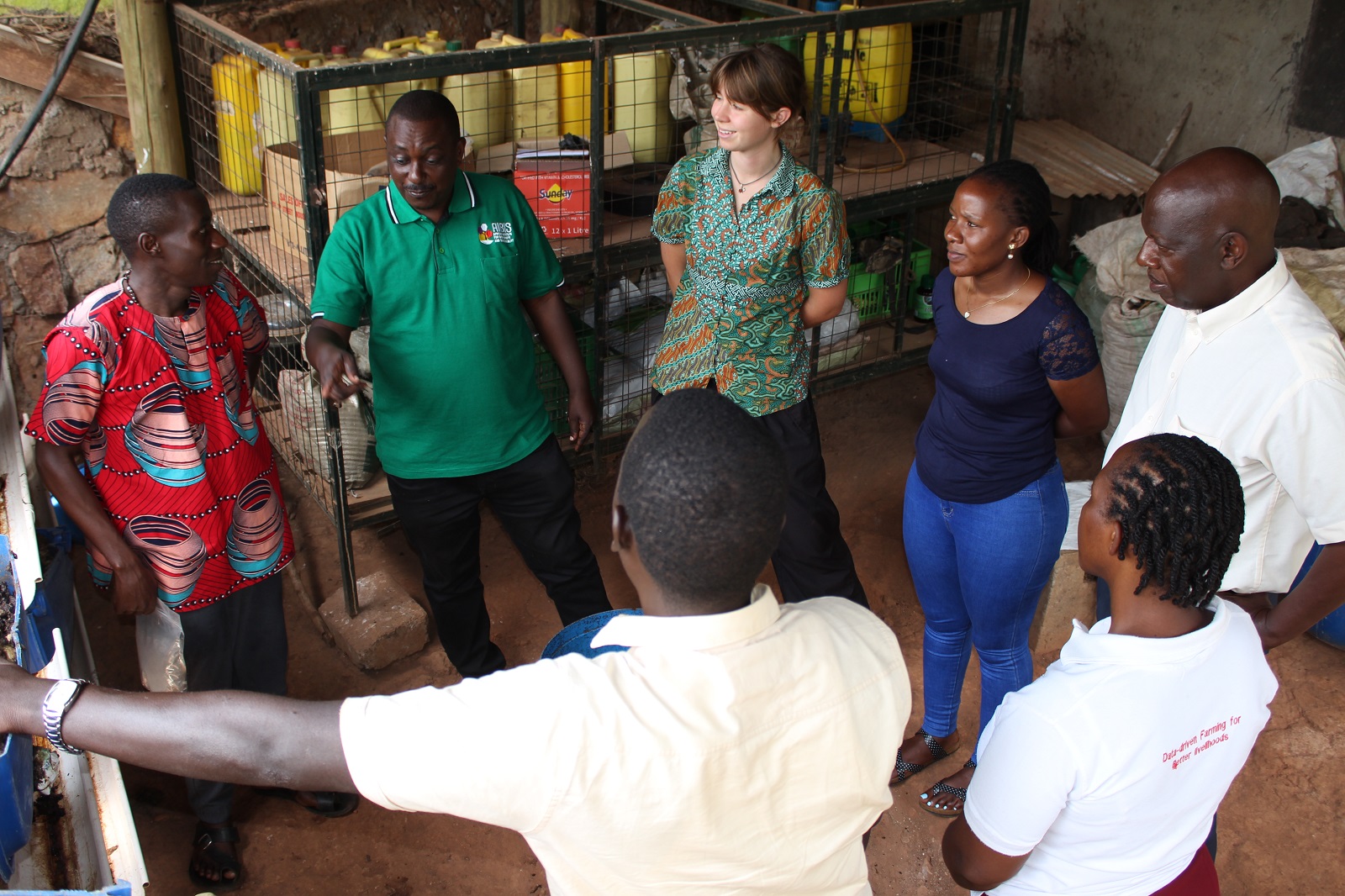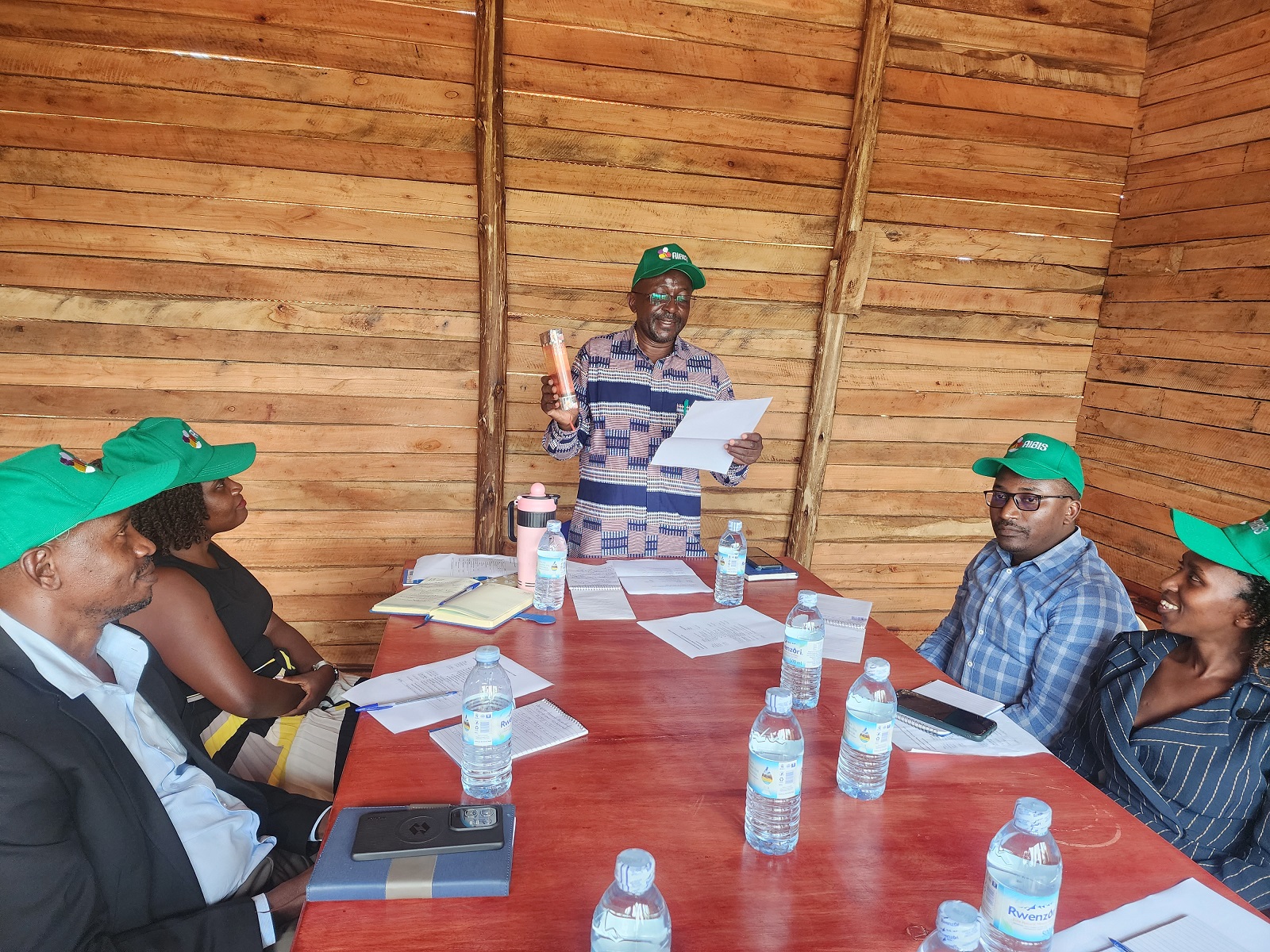Urgent and collective efforts needed to protect pollinators for the future and sustainability of global food systems.
By Peruth Atukwatse
Today, 16th October 2025 the World Food Day is being celebrated under the theme, “Hand in Hand for Better Foods and a Better Future”. While this event is ongoing, it is important to have an honest reflection on the current food systems.
One of the debates we need to have as a country is the importance of pollinators in sustaining global food systems and the threat they are currently facing. According to the Food and Agriculture Organization (FAO), about 75% of the world’s food crops including fruits, vegetables, nuts and seeds depend at least on pollination by bees and other species such as butterflies, bats and birds. Insects play a crucial, yet often overlooked, role in global food systems. Without this pollination service, many species and processes functioning within an ecosystem would collapse.
At the moment, pollinators in Uganda, particularly bees and other insects continue to face threats due to human activities. These threats include habitat loss due the rampant degradation, intensive/unsustainable farming practices, monoculture, changes in weather patterns, and the excessive use of agrochemicals such as pesticides.
Many farmers in Uganda both on small scale and commercial farmers in Uganda (85%) spray their crops, fruit trees and domestic animals against several pests and fungal infections using different chemicals in attempt to reduce the level of damage with little or no consideration to pollinators (honeybees). It is estimated that over 40% of the global honeybee species are declining annually due to the use of different chemicals in the environment.
The situation is not only unique to Uganda , it cuts across the region, Ethiopia,Kenya,Tanzania and Rwanda have all reported increasing bee mortality rates due to pesticides, according to the International Centre of Insect Physiology and Ecology in Nairobi.
Pesticides are not only killing insects; they are silent killers of humans, of nature, of our soils that are getting barren, of our water and agri-food system.
The notion that pollination is the number one input in global crop agriculture is still elusive in contemporary debates on global food systems that have largely been centered on factors of production, which are, land, labour, capital and management/entrepreneurship. Policy makers, agriculture experts, academicians and farmers mostly invest their efforts on securing land for food production, agriculture inputs and skills necessary for mass production. Climate change also currently dominates food debates because irregular climate and weather patterns affect how food is produced and distributed. As a result, a lot of money from global funding agencies is concentrated on improving agriculture yields through hybrid seeds, fertilizers, farm machinery and agrochemicals but not the most required input which is pollinators
Addressing these challenges requires Governments and Civil Society Organizations to work hand in hand and to orient farmers in farming practices that are sustainable, do not harm the pollinators and support food sovereignty and livelihood. Debates on the importance of pollinators in global food systems must be loud and involving all stakeholders.
To AIBIS, Agroecology is the way to go. Agroecology is an agriculture practice where the growing of crops is done with preservation of the host ecosystems in place. With agroecology, use of dangerous agrochemicals is avoided as much as possible and this allows pollinators to thrive. Government needs to come up with policies and laws aimed at enforcing the establishment of safe corridors for pollinators to grow and multiply.
The author works at the African Institute for Biodiversity and Sustainability (AIBIS)



